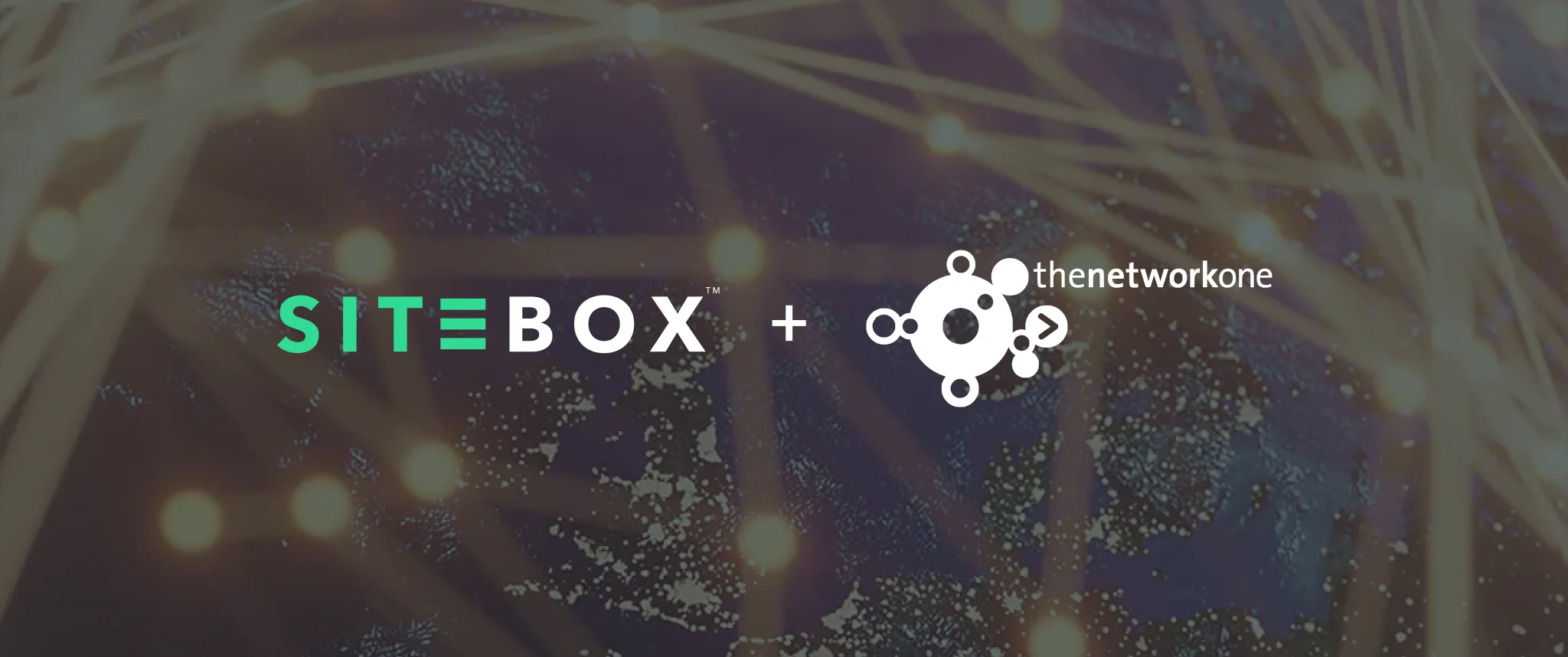Web3 WordPress decentralized publishing is revolutionizing how creators publish content—combining blockchain transparency and control with WordPress flexibility. In this guide, you’ll learn how to build a decentralized, censorship-resistant, and secure WordPress platform in 2025.
🔗 What Is Web3 WordPress Decentralized Publishing?
Web3 WordPress decentralized publishing means publishing content you truly control by:
- Owning your content instead of platforms
- Timestamping and verifying posts on the blockchain
- Storing media on decentralized systems like IPF
WordPress acts as the familiar front‑end for your distributed Web3 backend.
🧩 Key Components of Web3 WordPress Decentralized Publishing
1. Wallet Login
Enable secure login via MetaMask or WalletConnect—ditch passwords for wallet signatures.
2. NFT Token Gating
Protect premium content or downloads using NFT ownership checks.
3. Blockchain Timestamping
Timestamp your posts with plugins like WordProof for verifiable proof.
4. Decentralized Storage
Store images, documents, and media on IPFS to avoid centralized hosting.
All these features together define Web3 WordPress decentralized publishing.
🛠️ How to Implement Web3 WordPress Decentralized Publishing
a) Wallet Login Example
add_action('rest_api_init', function () {
register_rest_route('web3/v1', '/verify', [
'methods' => 'POST',
'callback' => 'verify_signature',
'permission_callback'=> '__return_true'
]);
});
function verify_signature($data) {
$address = sanitize_text_field($data['address']);
$sig = sanitize_text_field($data['signature']);
// verify signature logic...
return new WP_REST_Response(['verified' => true]);
}b) NFT Token Gating
Fetch wallet address and verify NFT balance via a smart contract call (e.g., balanceOf > 0) before displaying content.
c) Timestamping with WordProof
Install the WordProof plugin—it automatically timestamps new posts on the blockchain.
d) Upload to IPFS
Use plugins like “IPFS for WordPress” or a JS API to offload media files to IPFS.
🔌 Recommended Tools for Web3 WordPress Decentralized Publishing
| Plugin / Tool | Feature |
|---|---|
| Web3 WP | Wallet login & token gating |
| WordProof | Blockchain content timestamping |
| EthereumPress | Smart contract content integration |
| IPFS for WordPress | Decentralized media storage |
These tools lay the foundation for full Web3 WordPress decentralized publishing.
⚠️ Best Practices for Web3 WordPress Decentralized Publishing
- Use HTTPS + nonces to secure all REST endpoints.
- Sanitize and validate all blockchain data inputs.
- Improve UX—guide users through wallet interactions and provide clear fallbacks.
- Choose low‑fee blockchains (e.g., Polygon or Arbitrum over Ethereum mainnet).
- Regularly update dependencies to avoid security risks.
🌟 Use Cases for Web3 WordPress Decentralized Publishing
- Censorship-resistant blogs: Your content remains online and verifiable.
- NFT-based membership: Private sections unlocked via token ownership.
- Immutable content proof: Timestamped archive entries with blockchain verification.
- Decentralized media hosting: IPFS ensures content availability without servers.
🚀 How Sitebox Supports Web3 WordPress Decentralized Publishing
Sitebox enhances your decentralized publishing workflow:
- One-click wallet login and NFT gating setup
- Preconfigured support for IPFS and timestamping
- Smart contract–ready themes to accelerate dev time
- Secure, scalable environments for staging and production
👉 Get started with Sitebox today and build your Web3 WordPress platform.
🏁 Conclusion: Embrace Web3 WordPress Decentralized Publishing
Web3 WordPress decentralized publishing marks a shift toward creator-owned, censorship-resistant, and blockchain-verified publishing. By combining wallet login, NFT gating, timestamping, and decentralized storage, you can launch a powerful and future-proof content platform.
Start your journey with Web3 WordPress decentralized publishing now—and take control of your publishing future.




